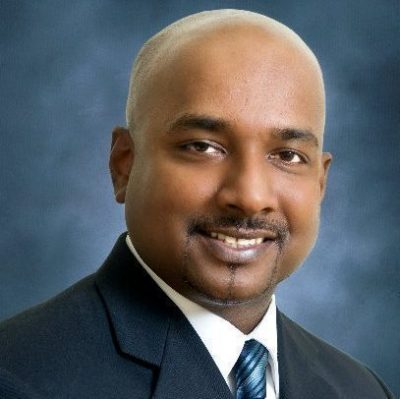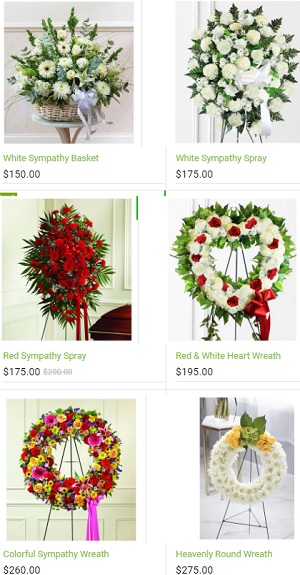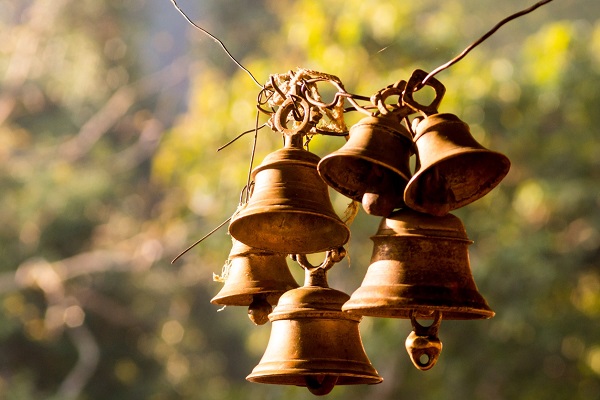Canadian top ranked funeral director and the first Tamil Canadian Vilosanan Sivatharman is having the designation as a an executive funeral director who will arrange the funeral you want, taking on the responsibility for organising every aspect of the event and delivering it to the highest professional standards.
Taking his lead from your instructions, this might include:-
Before the funeral:
Transferring the deceased to the funeral home or assisting you if you wish the deceased to remain at home prior to the funeral;
Providing facilities for viewing of the deceased prior to the funeral;
Dealing with all necessary paperwork;
Placing death notices in local and/or national newspapers and online;
The funeral service:
Ensuring your wishes and those of the deceased are reflected in the funeral arrangements;
Arranging any musical requests or other special tributes;
Arranging funeral vehicles and for catering at a venue of your choice following the funeral;
Arranging Order of Service sheets at the funeral service;
Ordering floral tributes and, accepting and caring for floral tributes delivered to their premises prior to the funeral;
Offering a choice of coffins and caskets to suit a range of budgets and individual choice;
Accepting donations, online or in person, for a nominated charity in lieu of flowers on your behalf;
After the funeral:
Helping you to arrange for ashes to be scattered or preserved in a memorial casket following a cremation;
Arranging obituary cards or ‘thank you’ cards
if appropriate, arranging for transfer of either the deceased or the Cremated remains to another area of the country, or repatriation overseas;
Providing support and guidance:
Funeral director Vilosanan is also there to provide support and guidance in advance of a death.
For example, they can provide information on how to arrange a pre-paid funeral plan and discuss ideas and options you may have for your own funeral, helping you to record your wishes for the future.
1) Inform survivors of benefits for which they may be eligible.
2) Maintain financial records, order merchandise, and prepare accounts.
3) Plan placement of caskets at funeral sites, and place and adjust lights, fixtures, and floral displays.
4) Arrange for pallbearers, and inform pallbearers and honorary groups of their duties.
5) Receive and usher people to their seats for services.
6) Plan, schedule and coordinate funerals, burials, and cremations, arranging such details as the time and place of services.
7) Obtain information needed to complete legal documents such as death certificates and burial permits.
8) Oversee the preparation and care of the remains of people who have died.
9) Contact cemeteries to schedule the opening and closing of graves.














Condolences